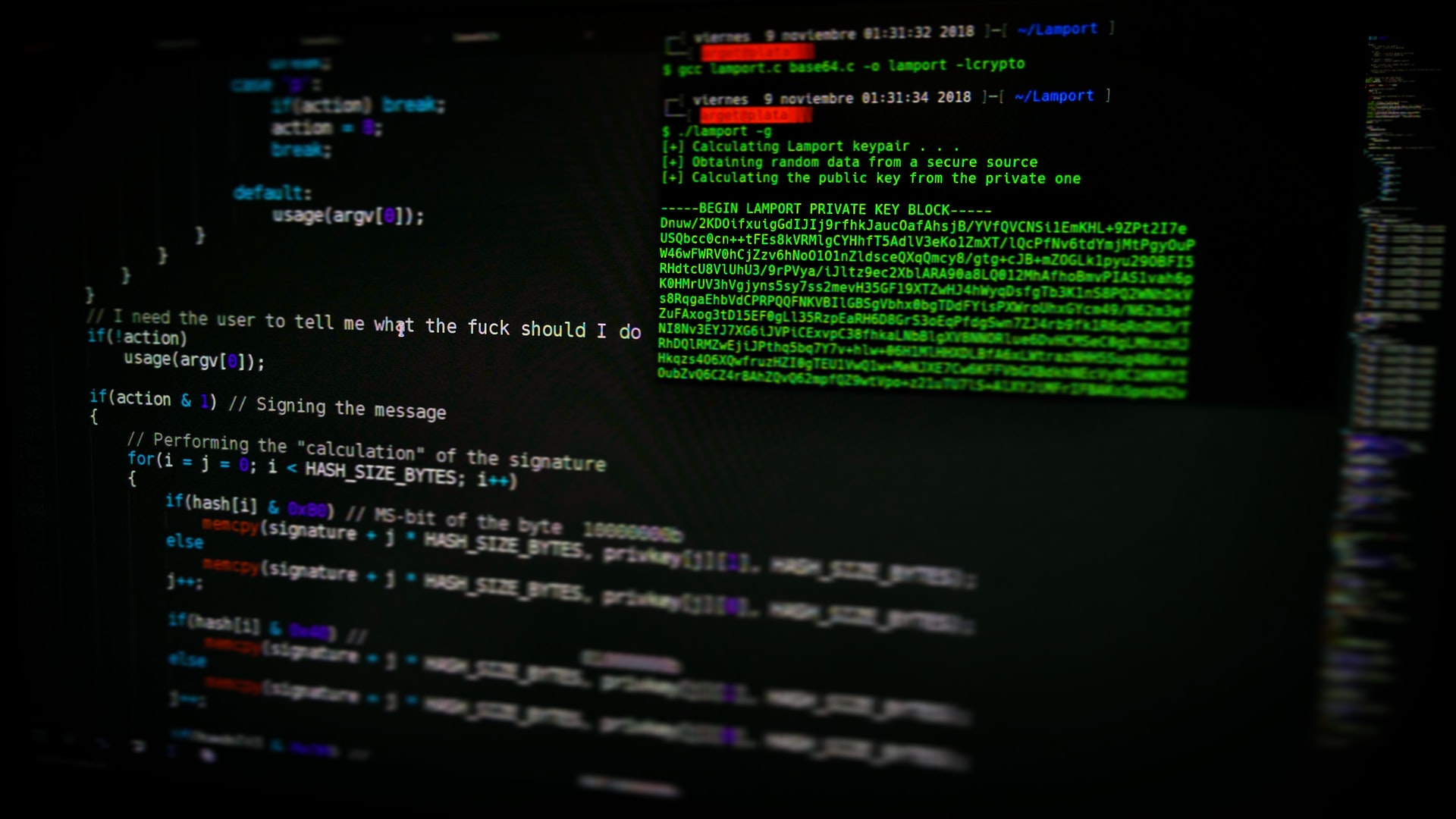
CCNA Training
CCNA stands for Cisco Certified Network Associate. It recognises basic skills in installing, supporting, and troubleshooting wired or wireless networks. One can choose from several tracks, including Cloud, Collaboration, Cyber Ops, Data Center, Industrial, Routing and Switching, Security, Service Provider, and Wireless.





